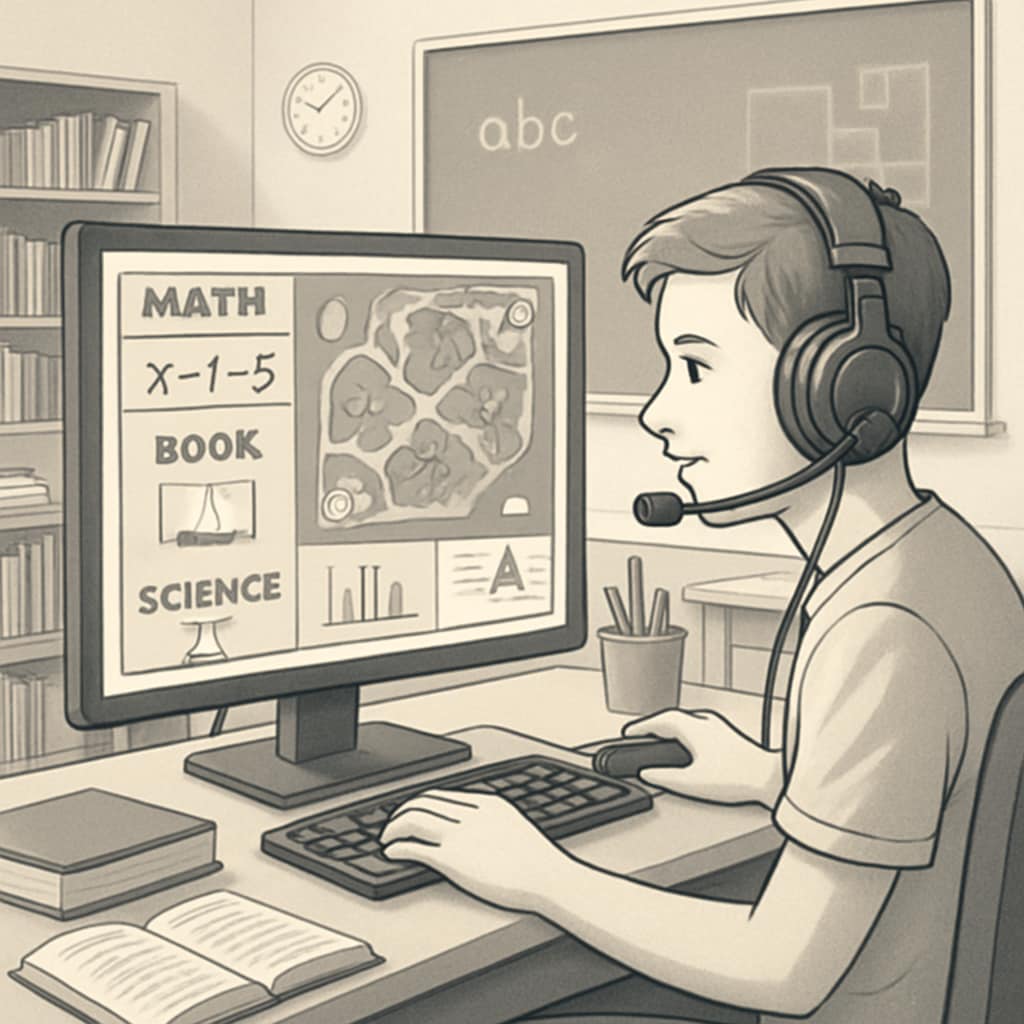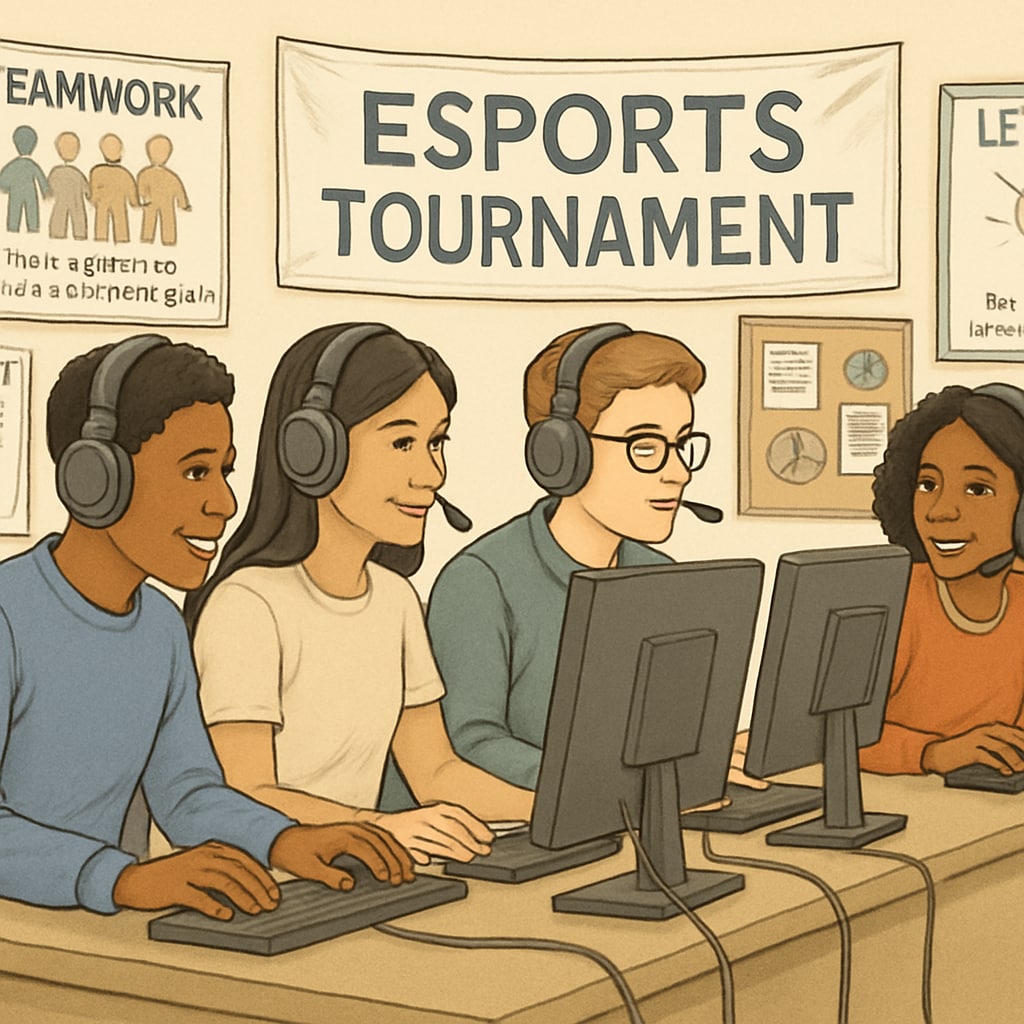The strategic collaboration between GameClass and NASEF (North America Scholastic Esports Federation) is set to reshape the landscape of K12 education globally. By introducing gamified learning into 9,000 esports clubs across the world, this partnership bridges the gap between traditional education and modern gaming trends. GameClass and NASEF provide students with a unique opportunity to combine their passion for gaming with educational pursuits, marking a new milestone in the global evolution of education.
The Impact of Gamified Learning on K12 Education
Gamified learning integrates game mechanics into educational processes, making learning more engaging and enjoyable for students. This method has been proven to enhance cognitive skills, problem-solving abilities, and teamwork, all of which are critical in the esports ecosystem. The partnership between GameClass and NASEF leverages these advantages, creating a platform where students are motivated to learn through interactive and immersive experiences.

Esports Education as a Global Strategy
Esports education is gaining traction worldwide as schools recognize its potential to teach valuable life skills. From communication and leadership to strategic thinking, esports offers a dynamic learning environment. The collaboration between GameClass and NASEF extends this concept to a global scale, ensuring that students from diverse backgrounds can benefit from this innovative approach.
Through this partnership, 9,000 esports clubs will have access to tailored educational programs that merge gaming with academic learning. For example, students might learn coding by developing their own game mods or explore physics concepts through game mechanics. This seamless integration transforms gaming into a powerful educational tool.

Challenges and Opportunities in Gamified Education
While the benefits of gamified education are evident, challenges remain. Schools must invest in technology, train educators to use gaming platforms effectively, and ensure that the curriculum aligns with academic standards. However, the opportunities far outweigh the obstacles. Gamified learning can reduce student disengagement, increase retention rates, and foster creativity through interactive platforms.
As a result of the GameClass and NASEF partnership, educators are provided with resources and training to implement these programs effectively. This ensures that the integration of gaming and education is not only seamless but also impactful.
Future Prospects of Esports in Education
With the rapid expansion of esports and gamified learning, the future of education looks promising. The GameClass and NASEF partnership serves as a model for how gaming can be strategically incorporated into academic systems worldwide. By fostering collaboration between stakeholders in education and gaming, this initiative paves the way for a new era of learning.
In addition, global acceptance of esports education could lead to more innovative educational frameworks. Schools might adopt esports curricula that include STEM (Science, Technology, Engineering, and Mathematics) subjects, soft skills training, and even career development opportunities within the gaming industry.
The partnership between GameClass and NASEF exemplifies how gamified learning and esports can work hand-in-hand to redefine K12 education. As this initiative continues to grow, it has the potential to transform classrooms into engaging environments where students thrive academically and socially.
Readability guidance: The article uses short paragraphs and lists to summarize key points. Active voice is prioritized to enhance clarity, while over 30% of sentences include transitional words for smooth flow.


